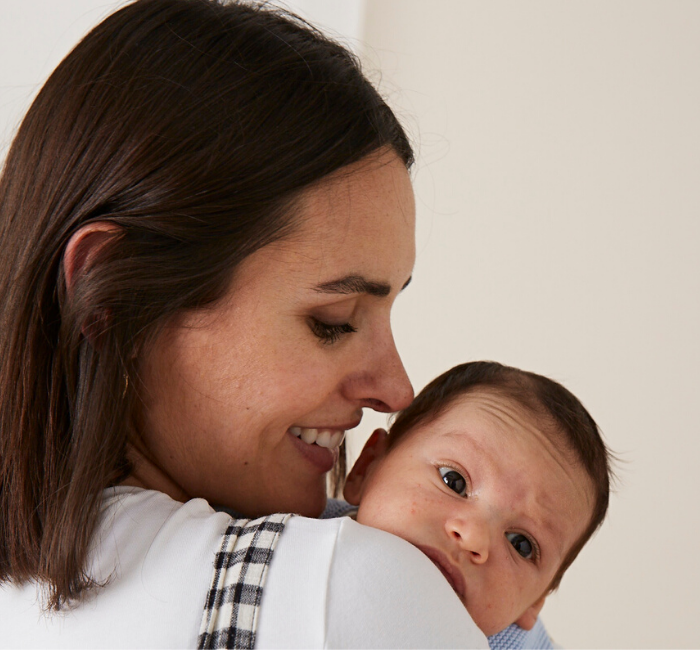What is Colostrum?

Colostrum, the first milk women produce, comes in tiny quantities but is liquid gold for your baby.
Colostrum, the first milk your body produces, is packed with nutrients. Pregnant women start producing colostrum from around 16 to 22 weeks of pregnancy. Although many pregnant women don’t notice anything, others may find they leak colostrum from their nipples after a warm bath or shower. Colostrum is viscous and comes in tiny drops; it can be almost any colour: clear, white, yellow, orange, or as in the case of one vegan mum, bright green!
When does your body begin making colostrum?
It’s the birth of your baby and the delivery of the placenta that tells your body to start making mature milk, which normally ‘comes in’ around Day 3 or 4. Until then, babies will be drinking colostrum, which is very concentrated as it has much less water than mature milk. Colostrum is full of antibodies, proteins, vitamins, sugars and fats. It also has laxative properties, which help flush out the sticky meconium poo that babies excrete in the first days of life. Colostrum coats and protects your baby’s gut.
Because colostrum comes in such small quantities (on day 1, babies will get around one teaspoon of colostrum per feed), babies are incentivised to feed frequently, thus ensuring that a new mother’s milk supply gets plenty of stimulation. The more often a baby breastfeeds in the early hours, days, and weeks, the more milk their mother will make.
There are one million immune factors in 1ml of colostrum, which is probably why it’s referred to as liquid gold for your baby!

